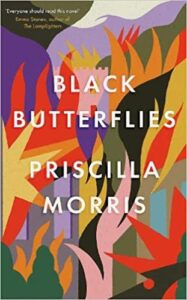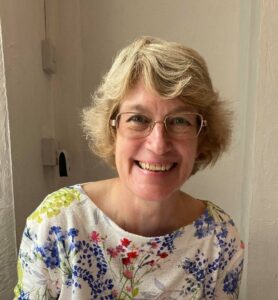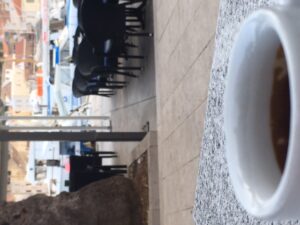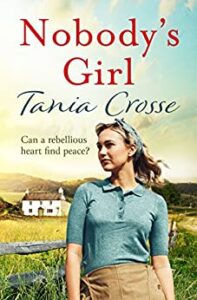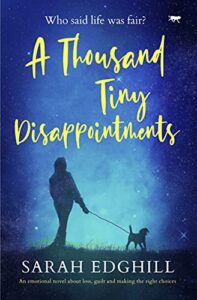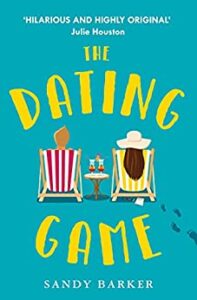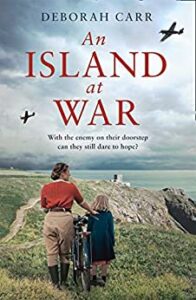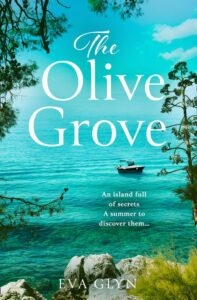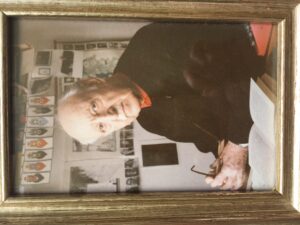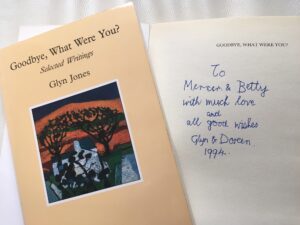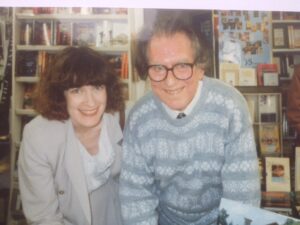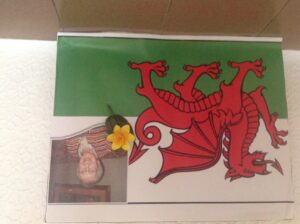Dual timeline romances based around the First and Second World Wars are tremendously popular, but these two new summer releases from One More Chapter break the mould: Deborah Carr’s moved between WW1 and WW2, and Eva Glyn’s is set in the former Yugoslavia, a theatre of war in the 1940s that is barely mentioned in modern fiction.
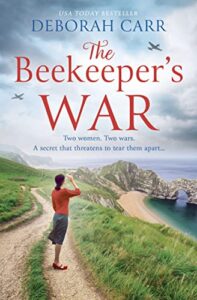 The Beekeeper’s War by Deborah Carr, reviewed by Eva Glyn
The Beekeeper’s War by Deborah Carr, reviewed by Eva Glyn
An unusual dual timeline in that it is set during the First and Second World Wars, but I enjoyed The Beekeeper’s War all the most because of it.
I have read Deborah Carr books before and she is so skilled at recreating believable and accurate historical settings and characters, without ever beating you over the head with it. The history just flows as the natural backdrop for her story, which is of course how it should be but is nonetheless not easy to achieve.
The novel opens in 1916 when two friends from Jersey, Pru and Jean, are nursing wounded soldiers. Despite herself, Pru begins to fall for a handsome airman Jack who visits Ashbury Manor and is a close friend of the son of the house, Monty, who is a patient there. Jack is still very much on active service and the book opens with a scene of him escaping his German captors a year later, so we know this affair is not going to run smoothly.
In 1940 Pru’s daughter Emma finds herself at Ashbury to stay with her mother’s friends, determined to unlock some secrets from the past. To say more would spoil this story and that I don’t want to do, because it is such an enjoyable read I’d like you to find out for yourself.
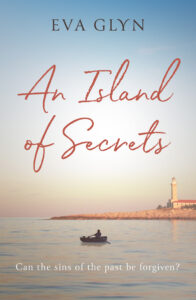 An Island of Secrets by Eva Glyn, reviewed by Kitty Wilson
An Island of Secrets by Eva Glyn, reviewed by Kitty Wilson
I raced through this novel over the course of two days and was thoroughly swept into the story of Guy and Ivka, as well as that of Leo and Andrej. The only drawback being that it ended too quickly and I should have savoured it.
It is written as a dual timeline and is seamlessly woven together as Leo goes in search of answers to outstanding questions her elderly grandfather has about his time in Yugoslavia (as it was) in the Second World War. I found the story of Guy as an SOE operative on the isle of Vis truly compelling and Eva Glyn writes with a sensitivity and insight that comes across on every single page. She truly bought home the scenes where Guy witnessed the horrors of war and I was totally pulled into the story as he battled with the choices he had to make.
From the very start of his first meeting with Ivka I was so invested in their relationship, they seemed like a natural good fit and I couldn’t help but respect the courage both of them showed on a daily basis. In fact, all the characters were written in a way that had you aware of their flaws but thoroughly rooting for their success.
But for me the most outstanding element of this fabulous novel was Eva Glyn’s way of conjuring the isle of Vis in the reader’s mind, she had me there seeing and smelling and feeling the scenery and made me feel that I could truly inhabit her characters’ world.
Overall, I found this novel to expertly crafted and cannot recommend it highly enough, it is a deeply impactful and emotionally powerful read and the story of Guy and Ivka in particular will stay with me for a very long time.

